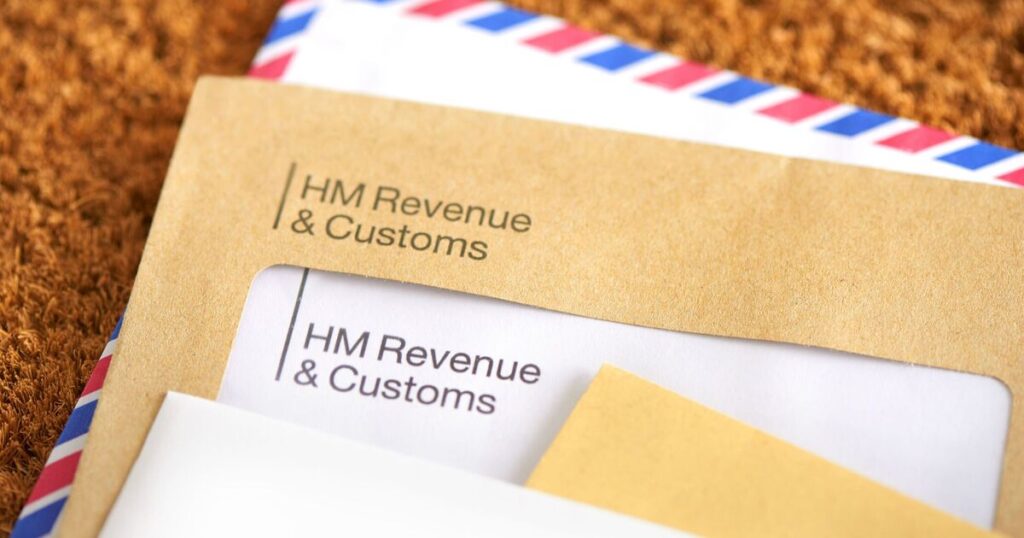
Every state pensioner will be landed with an income tax bill from 2027 regardless of their income, according to HMRC tax rules and the current triple lock forecasts.
Every year, the government is obligated to increase the amount it pays out in pensions thanks to the triple lock scheme, which is enshrined in law. While increasingly coming under scrutiny as the cost of welfare balloons, the triple lock was locked in as a Labour manifesto promise and remains in place for the forseeable future. It means that state pension payouts must be increased in line with one of three metrics: wage growth, inflation, or a flat 2.5 percent, whichever of these three is highest, every April.
According to Steve Webb, a partner at pensions firm LCP, the state pension is guaranteed to pass the personal allowance income tax threshold from April 2027 – the exact date of which would be April 6, when the new tax year starts. Even if a pensioner in receipt of the benefit had no other income, part of their state pension would be taxable by HMRC.
The exact amount a pensioner would be liable to pay in tax would on current triple lock estimates be just £1.60 from 2027, though this would increase each year as the triple lock increases.
Steve Webb explains: “This is because the triple lock formula provides a [minimum] floor of 2.5% increases, meaning the rate will rise at least £236 in April 2026 and £241.90 in April 2027. The April 2027 rate is £12,578 per year, just above the £12,570 tax threshold. This could mean hundreds of thousands of pensioners are taxed on just £8 per year, with a tax bill of £1.60. If tax-free personal allowance then rises by CPI but the state pension rises by more, then this situation will continue indefinitely.”
Pensioners are already liable to pay income tax today, and always have been, but you would need other earnings, such as a job, a workplace pension payment or savings interest, to tip you over the threshold. Nobody who only relies on the state pension payments would pay tax on them right now – but that will change in the future.
If you aren’t working a PAYE job, the tax will be collected directly by HMRC and the tax office will send you a letter, rather than having to enrol in self-assessment.
The Low Incomes Tax Reform Group says: “If it is not possible for HMRC to collect the tax on your state pension through the PAYE system, and you are not otherwise required to complete a self assessment tax return, HMRC may instead send you a simple assessment calculation after the end of the tax year.”
 Latest World Breaking News Online News Portal
Latest World Breaking News Online News Portal






